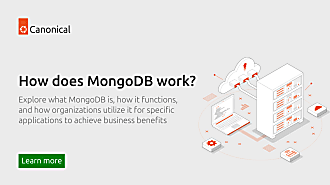John Zannos
on 3 June 2014
IBM is holding a contest for developing solutions for its new Power8 server architecture. We’re thrilled that our service orchestration tool, Juju, ported to IBM’s Power8 CPU has been selected as one of the top five finalists.
You can show your support and vote for Juju by tweeting anything that includes “@ubuntucloud #ibminnovateapp”, or by visiting the App Throwdown page and clicking the “Tweet your Vote” link under Canonical: http://ibmappthrowdown.tumblr.com/
If you don’t already know about Juju take a moment a look see what is does, you can learn all about it and how it can help you move to cloud infrastructure at our website https://juju.ubuntu.com/



